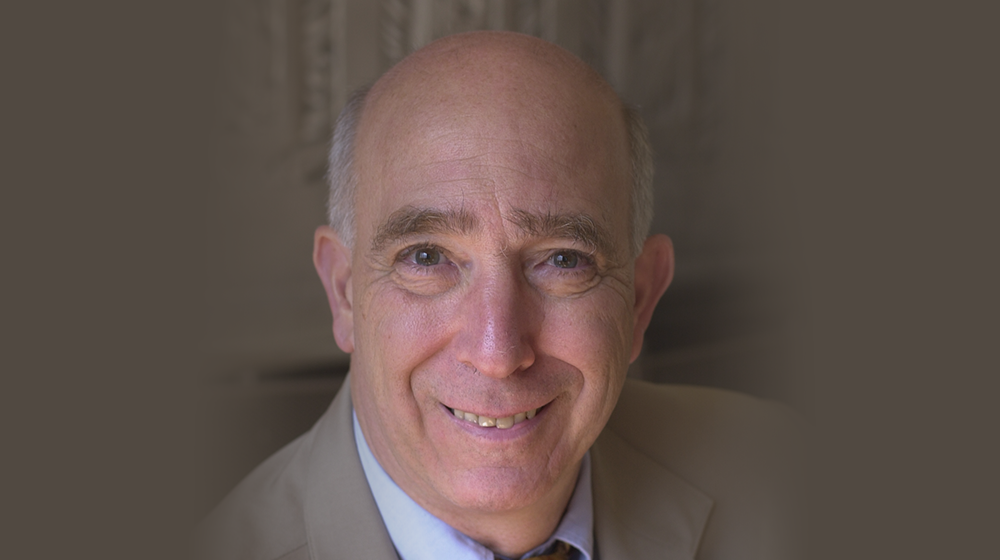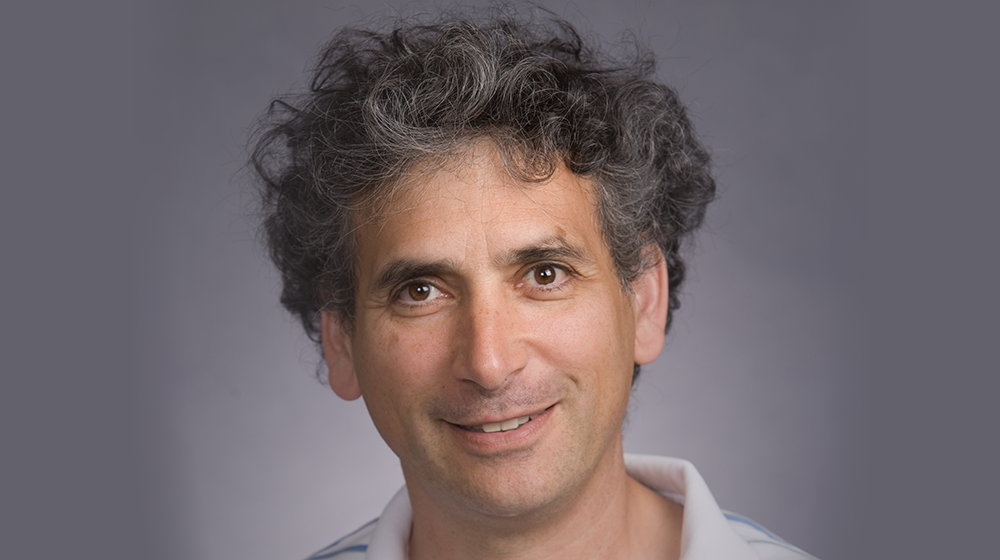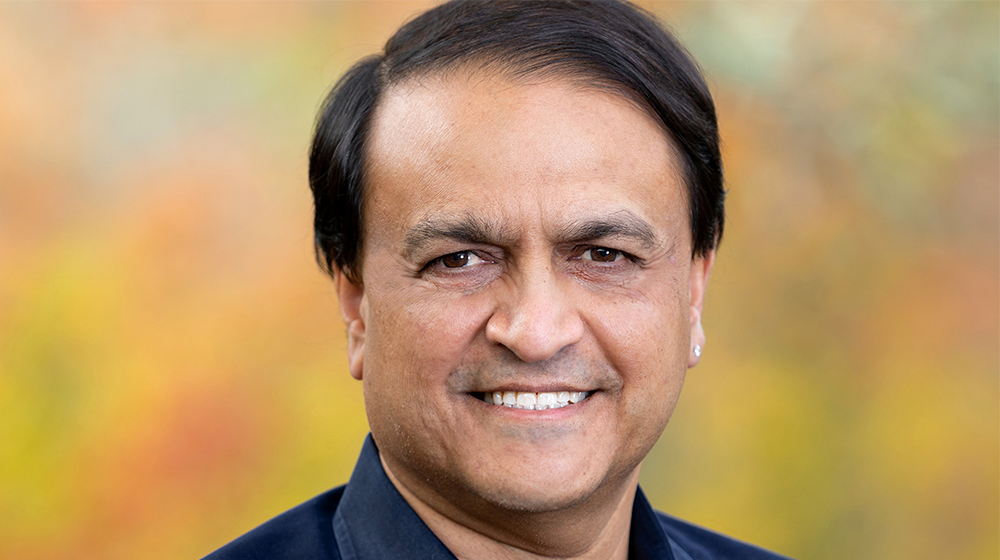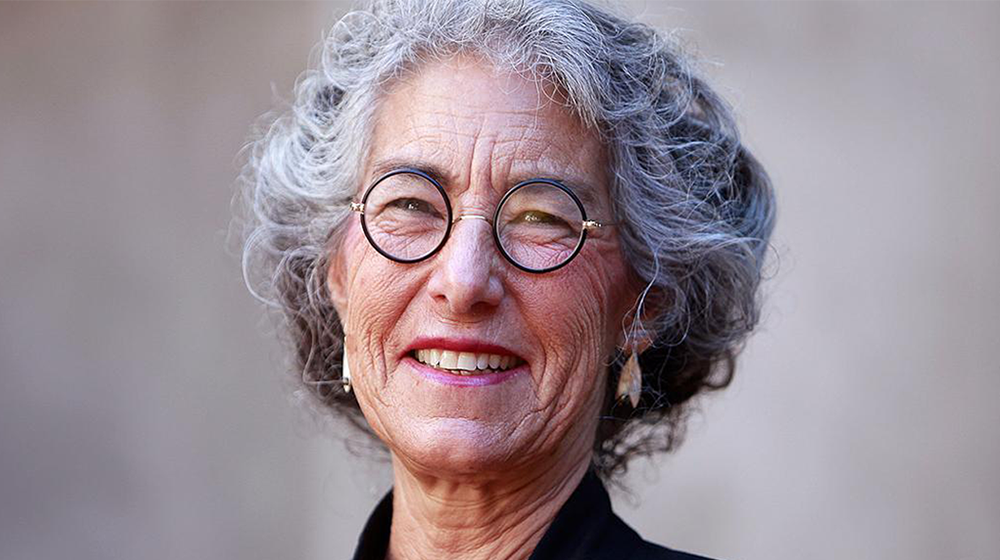Symposium

INTERDISCIPLINARY SYMPOSIUM ON SCIENCE & SOCIETY
A Dialogue on Gene Editing
The College of Arts and Sciences hosted the inaugural "Interdisciplinary Symposium on Science & Society: A Dialogue of Gene Editing," featuring an interdisciplinary panel of leading experts across the natural and social sciences on Wednesday, Feb. 7 from 2:30 - 7 p.m.
About the Symposium
CRISPR-Cas9, a common immune system of bacteria now used as a gene editing technology, has the potential to revolutionize human life – from medical interventions to food production and agriculture – with the first successes and FDA approvals already in effect.
Leading experts from across academic disciplines will discuss the historical, scientific, and ethical implications of human intervention in genetics, the mechanics behind methods like CRISPR-Cas9, and how human society will grapple with this revolutionary technology.
Meet the Panelists

Daniel Kevles, Ph.D.
Stanley Woodward Professor Emeritus of History, History of Medicine & American Studies and Adjunct Professor, Law School at Yale University
LEARN MORE
Ethan Bier, Ph.D.
Distinguished Professor, Department of Cell and Developmental Biology at University of California San Diego
LEARN MORE
Nipam Patel, Ph.D.
Director of the Marine Biological Laboratory, Professor at the University of Chicago
LEARN MORE
Laurie Zoloth, Ph.D.
Margaret E. Burton Professor of Religion and Ethics, the College, Program in Jewish Studies, and the MacLean Center for Biomedical Ethics at the Pritzker School of Medicine at University of Chicago
LEARN MORESymposium Schedule
Opening Remarks
2:30 pm-2:45 pm
Historical Perspectives
2:45 pm–3:45 pm
Kat Lecky, Surtz Associate Professor in the Department of English, and Daniel Kevles will discuss the historical perspectives and evolution of genomics, genetic engineering, and eugenics, which serve as essential context when examining our current understanding of gene editing technology and will inform our shared future.
Scientific Perspectives
4 pm–5:30 pm
Jenny Mierisch, Associate Professor in the Department of Biology, will moderate a discussion with Ethan Bier and Nipam Patel on the scientific and mechnical elements behind existing and developing processes, approaches, and technologies, such as CRISPR-Cas9, that make gene editing possible.
Philosophical Perspectives
5:45 pm–6:45 pm
Hans Svebakken, Senior Lecturer in the Department of Theology, will join Laurie Zoloth to discuss the philosophical, theological, and ethical questions and implications surrounding gene editing.
Closing Remarks
6:45 pm–7:00 pm
The College of Arts and Sciences hosted the inaugural "Interdisciplinary Symposium on Science & Society: A Dialogue of Gene Editing," featuring an interdisciplinary panel of leading experts across the natural and social sciences on Wednesday, Feb. 7 from 2:30 - 7 p.m.
CRISPR-Cas9, a common immune system of bacteria now used as a gene editing technology, has the potential to revolutionize human life – from medical interventions to food production and agriculture – with the first successes and FDA approvals already in effect.
Leading experts from across academic disciplines will discuss the historical, scientific, and ethical implications of human intervention in genetics, the mechanics behind methods like CRISPR-Cas9, and how human society will grapple with this revolutionary technology.
Symposium Schedule
Opening Remarks
2:30 pm-2:45 pm
Historical Perspectives
2:45 pm–3:45 pm
Kat Lecky, Surtz Associate Professor in the Department of English, and Daniel Kevles will discuss the historical perspectives and evolution of genomics, genetic engineering, and eugenics, which serve as essential context when examining our current understanding of gene editing technology and will inform our shared future.
Scientific Perspectives
4 pm–5:30 pm
Jenny Mierisch, Associate Professor in the Department of Biology, will moderate a discussion with Ethan Bier and Nipam Patel on the scientific and mechnical elements behind existing and developing processes, approaches, and technologies, such as CRISPR-Cas9, that make gene editing possible.
Philosophical Perspectives
5:45 pm–6:45 pm
Hans Svebakken, Senior Lecturer in the Department of Theology, will join Laurie Zoloth to discuss the philosophical, theological, and ethical questions and implications surrounding gene editing.
Closing Remarks
6:45 pm–7:00 pm
